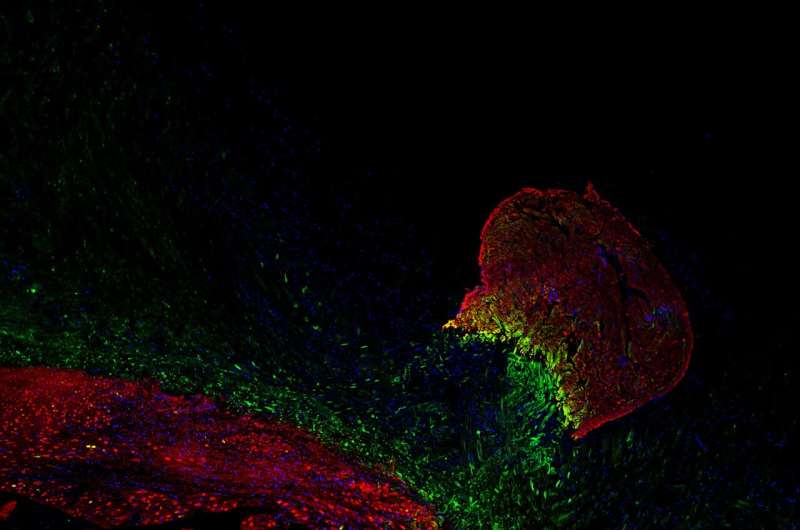This study marks an important step toward regenerative therapies to prevent heart failure. The findings were published in Nature Cardiovascular Research on January 2, 2025.
After a heart attack, the human heart loses millions of muscle cells that cannot regrow. This often leads to heart failure, where the heart struggles to pump blood effectively. Unlike humans, zebrafish grow new heart muscle cells: they have a regenerative capacity. When a zebrafish’s heart is damaged, it can fully restore its function within 60 days.
“We don’t understand why some species can regenerate their hearts after injury while others cannot,” explains Jeroen Bakkers, the study’s leader. “By studying zebrafish and comparing them to other species, we can uncover the mechanisms of heart regeneration. This could eventually lead to therapies to prevent heart failure in humans.”

